Market Share
Educational Toys Market Share Analysis
In the ever-evolving Educational Toys Market, companies employ a myriad of market share positioning strategies to meet the evolving demands of parents and caregivers seeking toys that entertain while also fostering learning and development in children. A fundamental strategy revolves around product innovation and educational value. Companies invest in creating toys that engage children's cognitive, motor, and social skills, aligning with educational objectives. By offering a diverse range of high-quality and intellectually stimulating products, brands position themselves as essential contributors to a child's early learning experiences, appealing to parents who prioritize educational enrichment through play.
Pricing strategies play a crucial role in market share positioning within the Educational Toys Market. Companies often adopt a tiered pricing approach, providing toys at different price points to accommodate diverse consumer budgets. Premium educational toys, featuring advanced learning technologies, eco-friendly materials, or renowned educational endorsements, are positioned at higher price ranges to convey superior quality and educational value. Meanwhile, more affordable options target price-conscious parents, ensuring accessibility without compromising on essential educational attributes. Balancing pricing with perceived educational value is crucial for companies aiming to capture a wide consumer base.
Brand image and trust are paramount in the Educational Toys Market. Parents often seek reputable and reliable brands for toys that contribute to their child's development. Companies invest in building and maintaining a positive brand image through marketing efforts, transparent communication about educational principles, and a commitment to safety. Brands that emphasize qualities such as age-appropriate learning, endorsements from educators, and adherence to safety standards foster trust among parents, positioning themselves as trustworthy choices for educational toy purchases.
Inclusivity has become a key focus in the Educational Toys Market. Recognizing the diverse learning styles and developmental needs of children, companies are expanding their product ranges to be more inclusive. Offering educational toys suitable for various age groups, learning abilities, and interests allows brands to cater to a broader audience. This inclusive approach resonates with parents seeking toys that address their child's specific developmental stage and preferences, contributing to brand loyalty.
Sustainability has emerged as a significant market share positioning strategy in the Educational Toys Market. Companies are increasingly incorporating eco-friendly practices, such as using recycled materials, minimizing packaging waste, and promoting sustainable manufacturing processes. This strategy aligns with the growing demand for environmentally conscious parenting choices, positioning brands as socially responsible choices for consumers concerned about the ecological impact of their toy purchases.
Strategic collaborations and partnerships contribute significantly to market share positioning. Educational toy companies often collaborate with educators, child development experts, and educational institutions to reinforce their credibility and appeal. Endorsements from trusted figures in the education field help build brand recognition and trust among parents. Collaborations with schools, educational programs, and parenting influencers also enhance brand visibility, making educational toys more accessible to a wider audience.
E-commerce and digital marketing play a significant role in market share positioning within the Educational Toys Market. Companies leverage online platforms to reach a global audience, offering convenience through direct-to-consumer sales, virtual product demonstrations, and personalized recommendations. Digital marketing efforts, including social media campaigns, influencer collaborations, and engaging content about educational benefits and play-based learning, contribute to building brand awareness and connecting with parents directly. Providing online resources, educational guides, and customer testimonials adds value to the consumer experience and strengthens brand loyalty.
Customization and personalization are key strategies in the Educational Toys Market. Companies offer educational toys with various features, allowing parents to choose products that align with their child's interests, learning goals, and developmental stage. This approach caters to parents seeking not only educational but also personalized play experiences, enhancing brand loyalty and customer satisfaction.


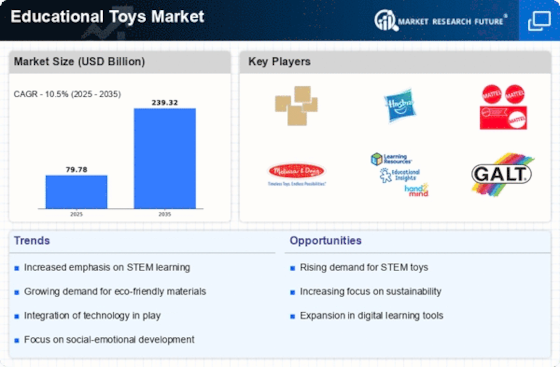
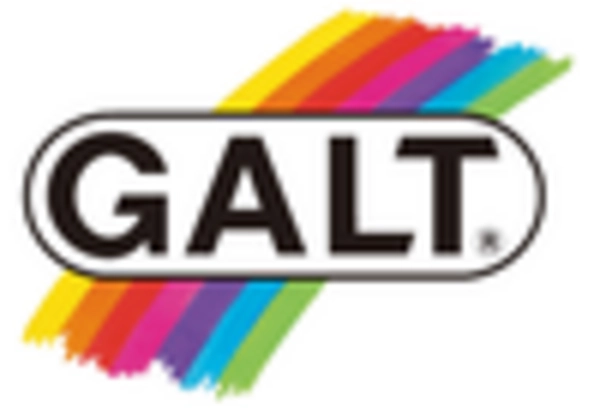
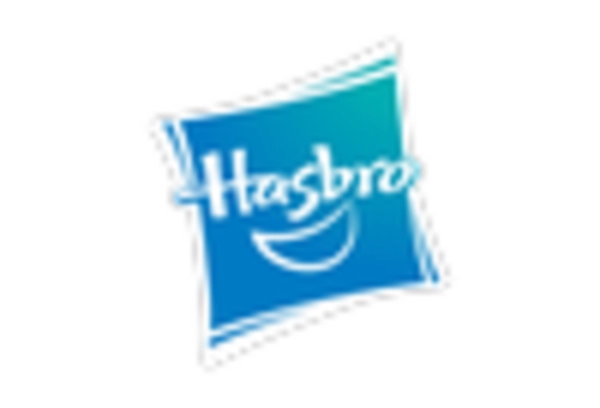

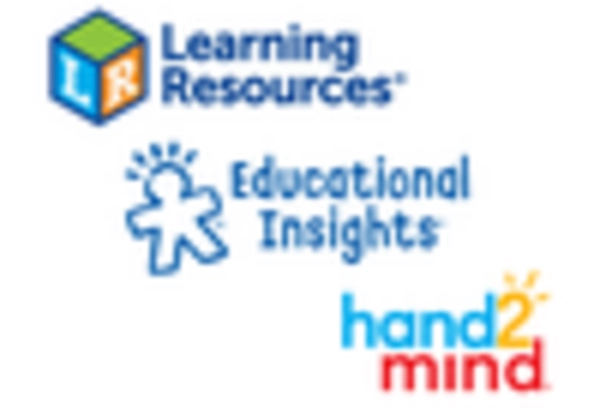
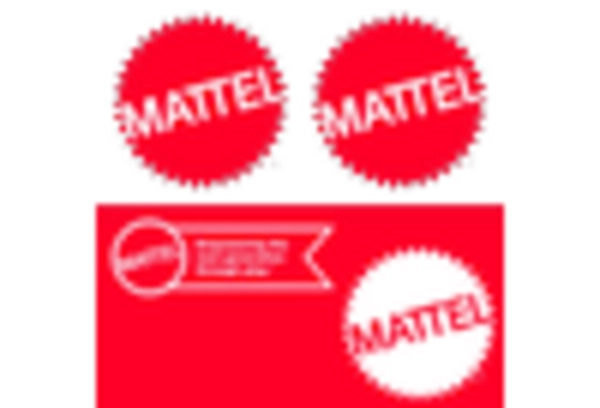
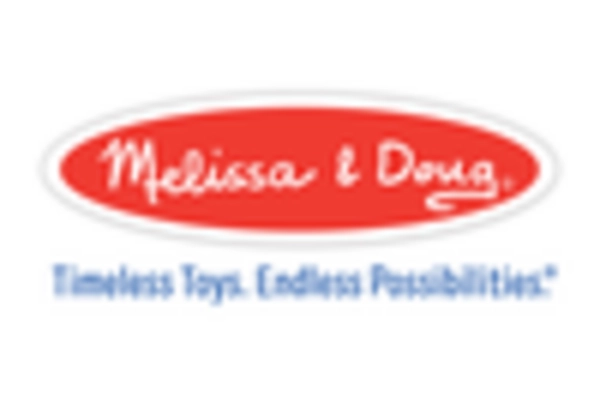









Leave a Comment